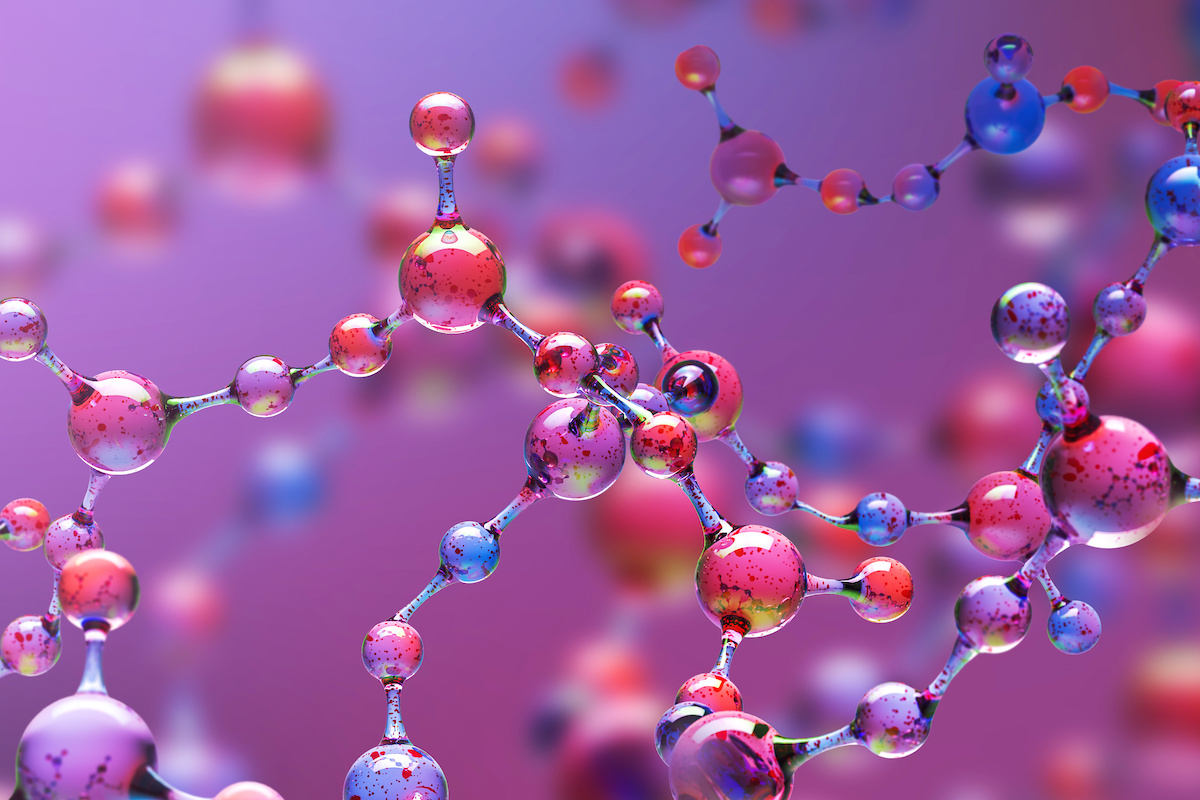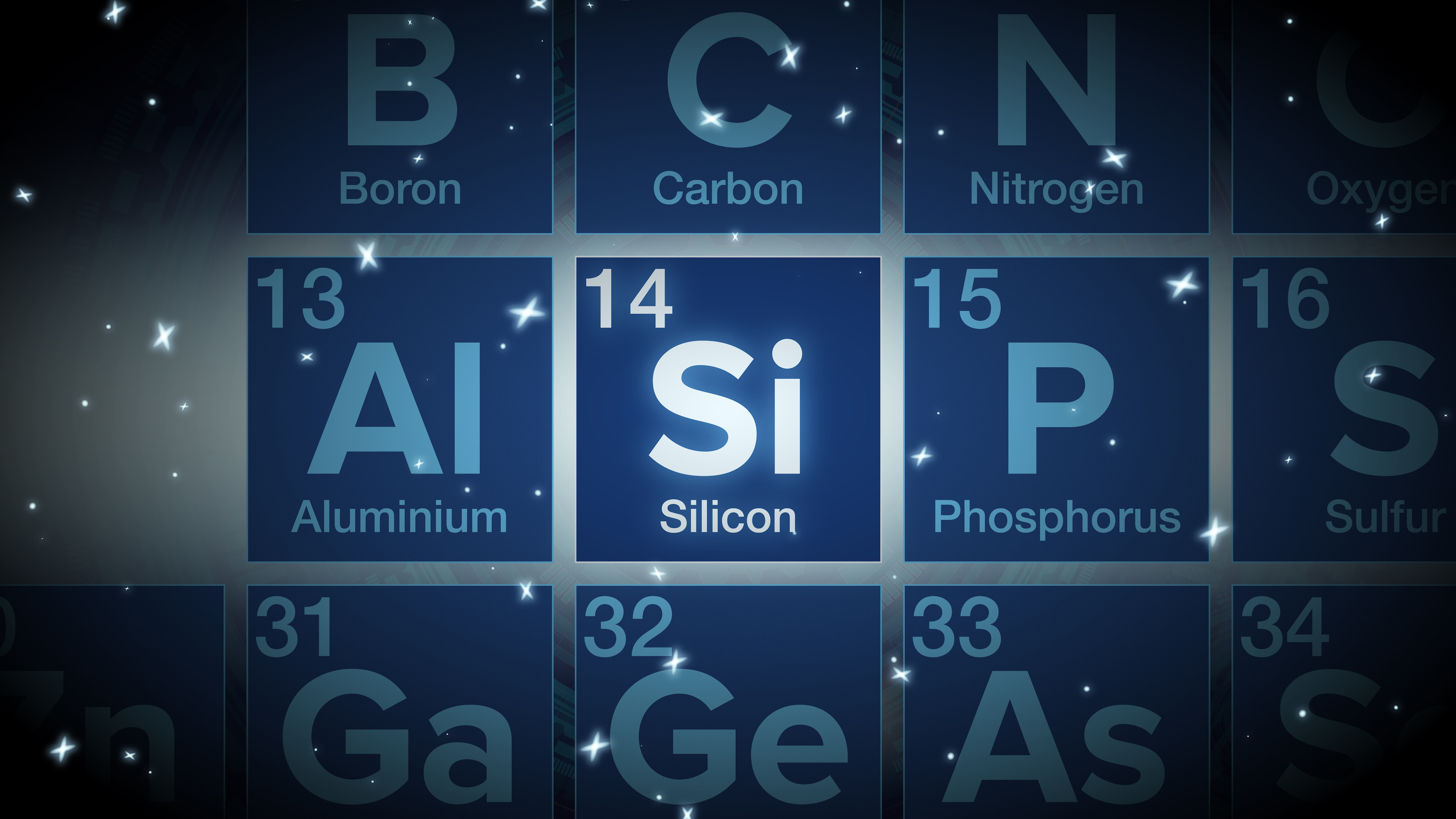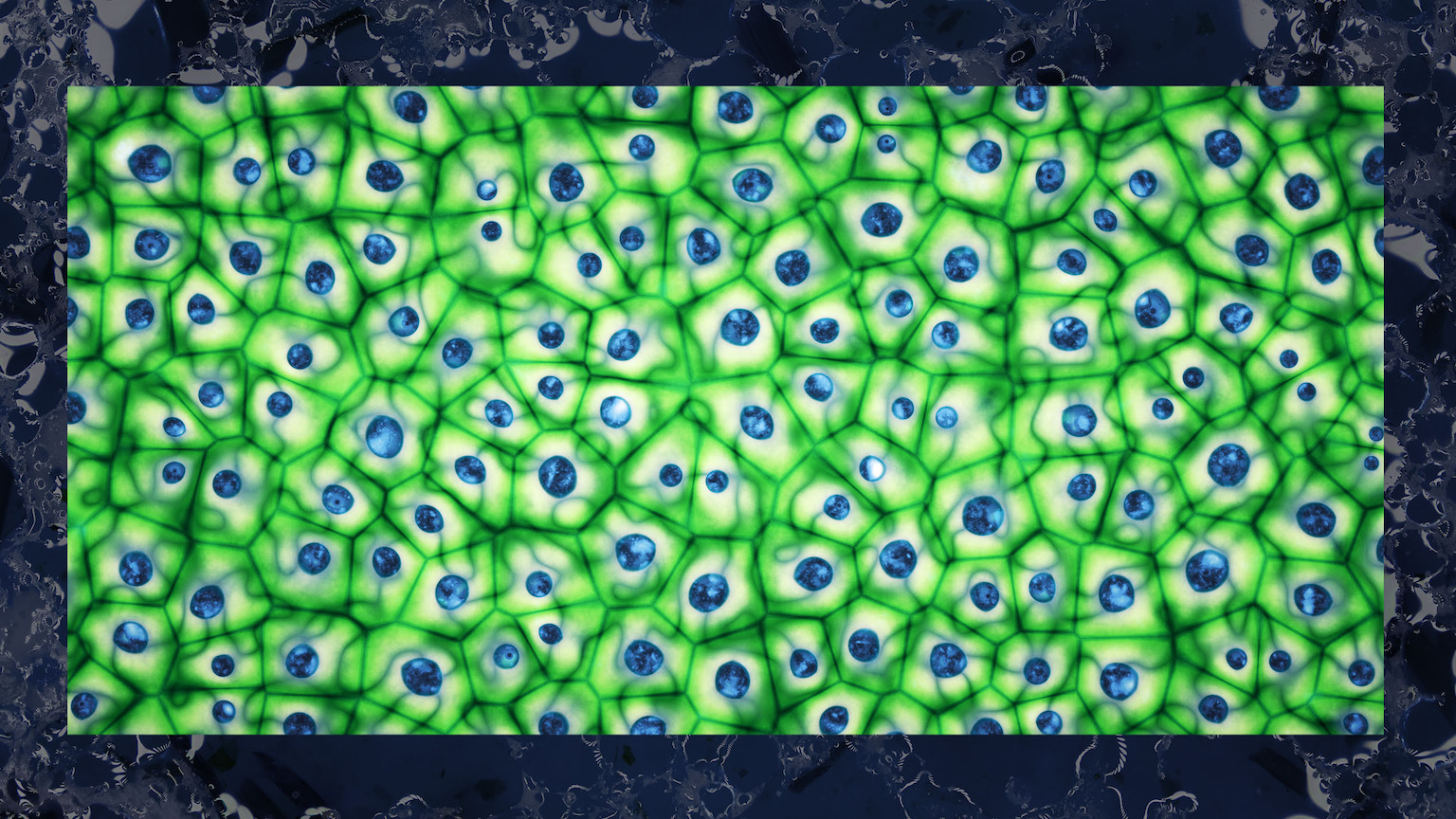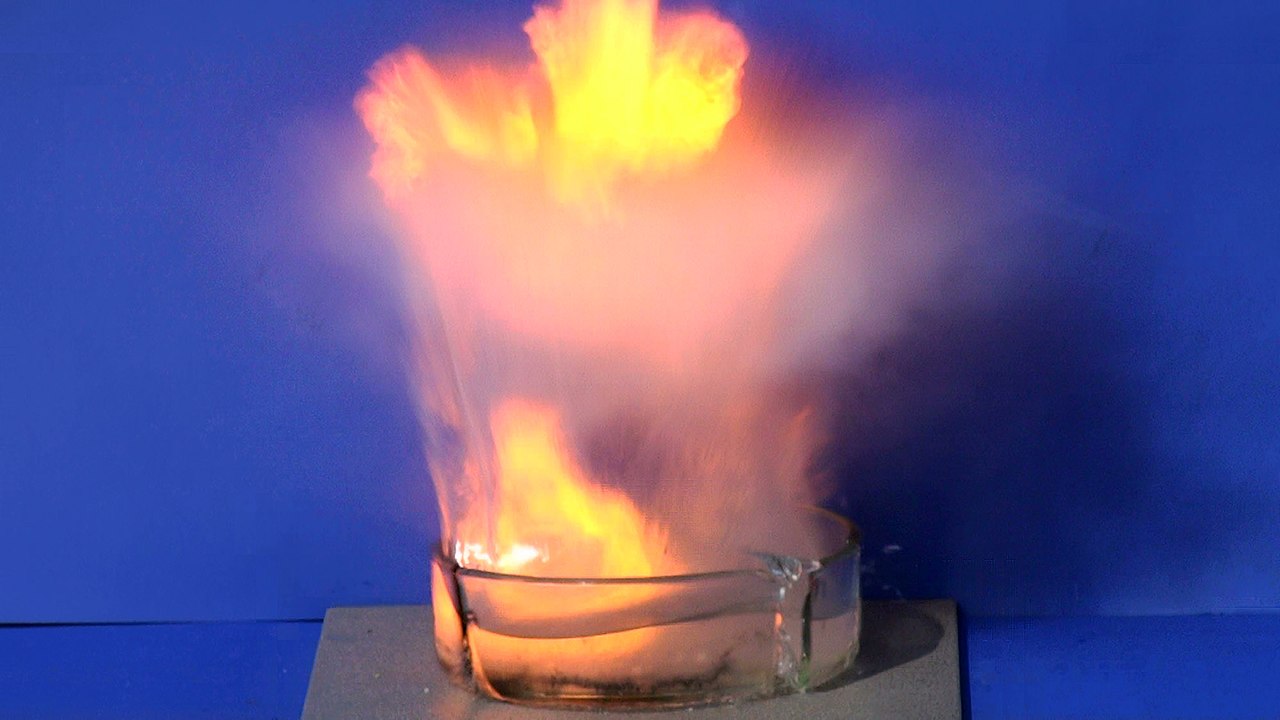Why oxygen isn’t needed to make things burn

- Would combustion always be a potential energy source on any planet capable of incubating a technological civilization? That simple question has led to an examination of an essential chemical process.
- Combustion reactions transfer electrons from a fuel to an oxidizer. But there are a number of elements capable of being the oxidizer. So does our hypothetical planet really need oxygen itself?
- Oxygen is indeed the perfect element for carrying out combustion, and for a very good reason.
The best thing about science is that sometimes you think you are working toward one end, but then the work takes you in an entirely different direction. That’s the experience I had this week while working on a project that’s supposed to be about asking which planets might develop technological civilizations. In the process of asking that question, however, I ended up taking a large and fascinating detour into the chemistry of combustion.
Let me explain.
The power of oxidizers: What’s in a word?
My collaborator Amadeo Balbi and I have been thinking about the kinds of environment a planet must have in order to give a young, intelligent species the chance to eventually develop advanced technologies. For example, what kinds of energy sources must be lying around — geothermal, wind, tides — in order for the species to create industry? As we began laying out the possibilities, another question popped up: Would combustion (burning stuff) always be a potential energy source? That was the question that led me down the chemical rabbit-hole.
Now let’s get something clear from the start: I suck at chemistry. I hated it in high school, and I failed it the first time I took it in college. But over the last decade, as I have gotten more into astrobiology and planetary science, I have become fascinated with chemistry’s perspective on science. Because I am so bad at it, though, I always have to start from square one when I need to learn anything about chemistry. I really did not know what combustion was, other than it involves oxygen and, you know, fire. But to answer our question, I really needed to zoom in on the deeper chemical details of combustion. For example, other planets might not have oxygen-rich atmospheres. (Earth did not for its first few billion years.) Would combustion be possible on one of those worlds?
Here is what I found.
Combustion, by definition, involves a fuel and an oxidizer. Combustion reactions rapidly transfer electrons from the fuel to the oxidizer. The reactions are exothermic, which means that they release energy — a lot of it, in these cases. Sometimes you may need to add a little energy to get combustion going, like you do when you light a match. But once the combustion reactions start, they will keep going until the fuel or the oxidizer runs out.
So based on all this you would be more than justified in thinking, “hell yeah, combustion needs oxygen.” Not so fast. It turns out that other stuff can act as an oxidizer, too. The oxidizer’s main job is just to accept electrons from the fuel. To take one example, fluorine is great at that task. In fact, fluorine is even better at accepting electrons than oxygen is. That means flourine is a better oxidizer than oxygen, which just makes you want to yell at the chemist who came up with the terminology in the first place.
Oxygen is chemistry’s best building block
Anyway, based on these facts, if you want to drive some really powerful combustion reactions, you might choose fluorine over oxygen. The folks who make rocket engines thought along these exact lines back in the 1950s. They put considerable effort into testing rockets that used hydrogen for fuel and fluorine as the oxidant. Everything worked really well — indeed, it worked too well. Fluorine was so good at its job that it burned everything, including the metal making up the engines. As John D. Clark explained in his book Ignition!: An Informal History of Liquid Rocket Propellants:
“For instance, if the [fluorine] gas is allowed to flow rapidly out of an orifice or a valve, or if it touches a spot of grease or something like that, the metal is just as likely as not to ignite, and a fluorine-aluminum fire is something to see. From a distance.”
As an additional kicker, fluorine does not just combust, it reacts in all kinds of ways with just about everything — except those snotty noble gases. In practice, that means fluorine is incredibly corrosive and dangerous. So much for fluorine-oxidant rocket engines.
So, in the end what I learned was as straightforward as it was cool. You do not need oxygen to make things burn. There are other elements such as fluorine and chlorine that can drive combustion just fine. If, however, you want combustion, but do not want to burn everything in sight or corrode your face off, then oxygen is your element.





